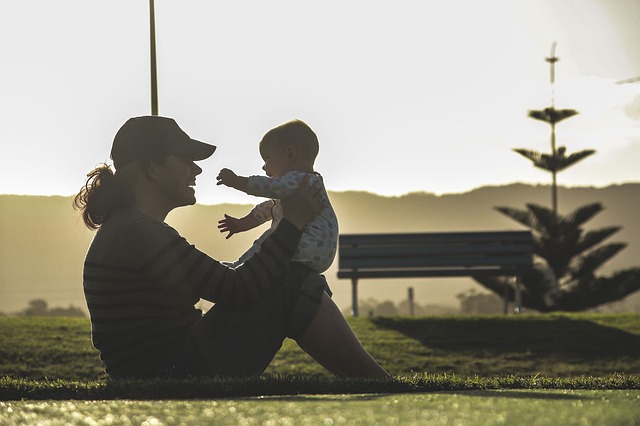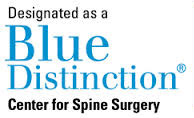Are Spine Conditions Hereditary?
Is it just a coincidence that you and your mother both suffer from chronic back pain? Or does it just run the family? Let’s take a closer look to answer the question, are spine conditions hereditary?

Are Spine Conditions Hereditary?
The causes of different spine conditions vary so let’s take a look at some more common conditions.
Scoliosis
Scoliosis is a condition in which the spine curves to the left or right side of the body. The condition is most common in adolescents but can also occur in adults. Though the exact causes for scoliosis are unknown it has been observed to run in families.
Degenerative Disc Disease / Herniated Disc
Recent studies have supported the theory that individuals’ genes may make them more predisposed to developing degenerative disc disease. As the intervertebral discs age (or degenerate) it may lead to herniated or bulged discs. A bulging or herniated disc can then put pressure on the spinal cause and lead to pain.
Hyperkyphosis
Kyphosis, sometimes called roundback or hunchback, is a condition in which there is excessive outward curvature in the upper portion of the spine. There are different types of kyphosis and the impact on the individual can vary greatly. Some cases may go unnoticed while others require medical intervention. Although the exact cause of hyperkyphosis is not understood, research has found evidence of a genetic component.
Spondylolisthesis
Sponylolisthesis is a condition in which one vertebrae slips in relation to another. There is a strong genetic component to this condition and there are several documented cases of siblings who each have the condition.
So Does Your Back Pain Run in the Family?
Researchers have identified a genetic component to many common spine conditions. However, there are many other factors which affect if one develops a neck or back condition. Posture, activity, age, and injuries can all play a role in the formation of spinal conditions. In addition, given the fact that up to 20% of the adult population has chronic back pain and up to 80% may have had acute back pain, it’s difficult to know whether you and your mother’s back pain is related or just a coincidence.
References
- https://www.mayoclinic.org/diseases-conditions/scoliosis/symptoms-causes/syc-20350716
- https://www.ncbi.nlm.nih.gov/pmc/articles/PMC3028451/
- https://www.ncbi.nlm.nih.gov/pmc/articles/PMC5282513/
- https://www.hindawi.com/journals/crior/2013/272514/
